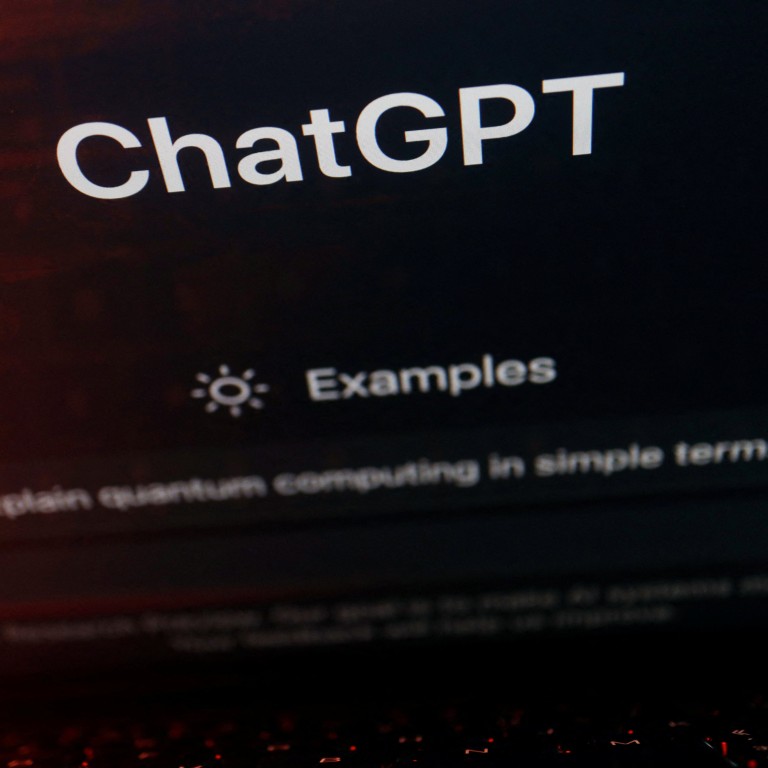
China’s ‘two sessions’ 2023: ChatGPT-like artificial intelligence is ‘difficult to achieve’, China’s tech minister says
- Science and Technology Minister Wang Zhigang raised ethical concerns and said the country must ‘wait and see’ when it comes to catching up with ChatGPT
- The hit chatbot from OpenAI has become a hot topic in China, but domestic tech giants must overcome censorship and chip restrictions to create rival products
ChatGPT has advantages in delivering results in real time, which is “very difficult to achieve”, Science and Technology Minister Wang Zhigang said at a press conference on the first day of the annual National People’s Congress (NPC) on Sunday.
China over the years has done a lot of planning and research in the fields of natural language processing and natural-language understanding, and has made some achievements, according to Wang. But for China to achieve the kind of results seen by OpenAI, the country needs to “wait and see”, he said.
China’s ChatGPT-like AI should have age limits, ‘two sessions’ delegate says
Wang also raised the issue of AI ethics on Sunday, saying companies need to be mindful of such concerns.
The explosive popularity of ChatGPT since it was launched in November has pushed generative AI into the global spotlight, spurring many conversations in China about the direction of the domestic industry.
The chatbot is a topic of discussion at this year’s “two sessions”, the country’s largest annual political gathering, where the NPC and the National Committee of the Chinese People’s Political Consultative Conference (CPPCC) unveil national policy plans for the coming year.

Both executives are attending the “two sessions” as CPPCC delegates.
Among a range of requirements, the guidelines stated that humans should have full decision-making power over AI and have the right to choose whether to accept related services, exit an interaction with an AI system or discontinue its operation at any time.

